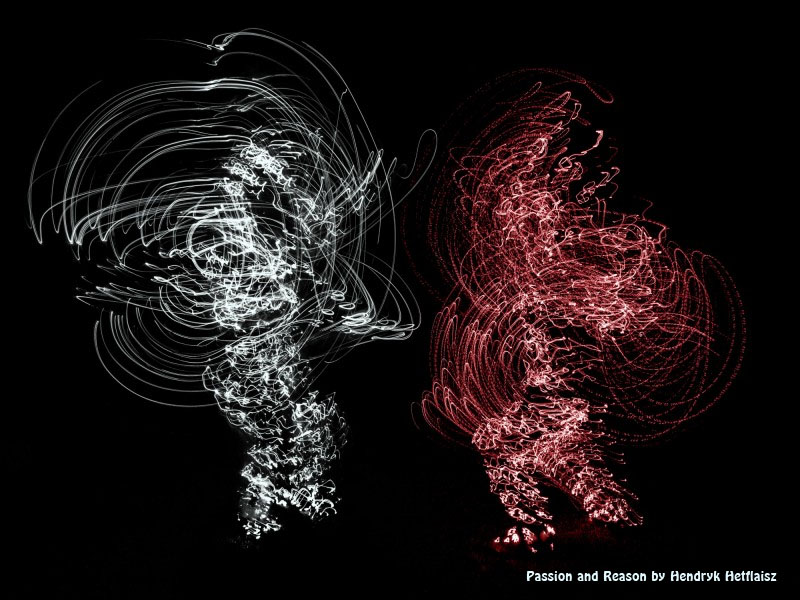Bioethics involves a great deal of reasoned debate, and unfortunately, a great deal of unreasonable debate as well. When people disagree they usually think there are a number of reasons for disagreeing. But it basically comes down to only 4 different components. People disagree due to FACTS, BELIEFS, LOYALTIES, and REASONING.
FACTS are empirically verifiable. Yet one person may have information the other doesn’t. While facts should be the end of the argument, they increasingly play a lesser role as society is becoming less analytical and more emotional.
BELIEFS are convictions that are not empirically verifiable. Many times people think their beliefs are factual, but the convictions have come from a variety of unproven sources that have gained credibility through repetition and emotional response. However, sometimes beliefs may be true because not all truth is empirical.
LOYALTIES come in a wide variety of flavors, and may be political, religious, ethnic, or cultural. Loyalties to one’s friends and family have a strong influence on what opinions people have and how deeply they feel about particular issues.
REASONING: If we engage at the level of reasoning, and you are not getting anywhere, check and make sure you both have the same facts. Then check what is the person’s beliefs and loyalties that are influencing him or her in the situation.
Communicating is more than just throwing facts around. It starts with being genuine about your beliefs and loyalties. But it is critically important that these two do not contradict the facts. Understanding this will help you clarify your position. And hopefully it will make you more sensitive to the lived experience of others. The most important aspect to debates in bioethics is that we are working towards an understanding of the truth. So we need to be genuine, but we also need to be truthful.
